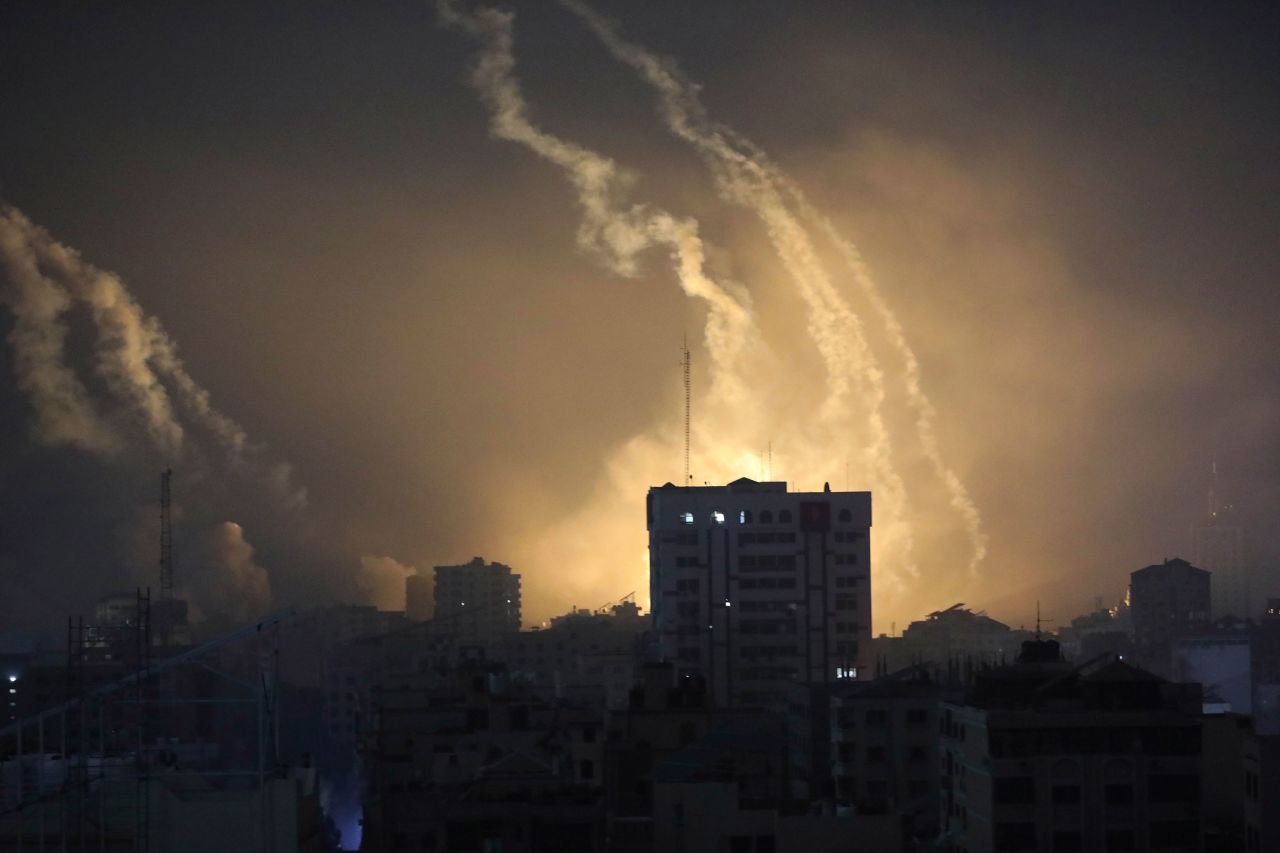Palestinian Authority President Mahmoud Abbas has called on the leaders of Arab nations to convene an emergency Arab League summit in response to Israel’s operation in Gaza, he said in a speech Saturday from Ramallah in the occupied West Bank.
“Israel responded to the UN resolution yesterday with more bombing and destruction,” Abbas said.
The United Nations General Assembly overwhelmingly approved a resolution on Friday, initiated by Jordan, which calls for a halt in hostilities between Israel and Hamas. The resolution faced strong opposition from both the United States and Israel, along with 12 other countries that voted against it.
Abbas advocated for immediate action from the international community and Arab leaders to put an end to the ongoing “aggression.” He underscored the necessity of bringing in humanitarian aid and implementing measures to prevent further displacement of Palestinians.
Remember: Israel is at war with Hamas, the Palestinian militant group that controls Gaza and carried out the devastating October 7 attacks that left 1,400 people dead and over 200 taken hostage.
Abbas is the leader of the Palestinian Authority, a government body with limited self-rule in the West Bank. It was established as part of a 1993 peace pact between Israel and the Palestine Liberation Organization.
Hamas — which is designated as a terrorist organization by the US, European Union and other countries — presents itself as an alternative to the Palestinian Authority, which has recognized Israel and has engaged in multiple failed peace initiatives with it.
What Arab League members are saying: The United Arab Emirates has condemned Israel’s ground operations in Gaza and said it is deeply concerned by what it called “Israeli military escalation and exacerbation of the humanitarian crisis,” according to UAE state news agency WAM.
The UAE foreign ministry called for an immediate ceasefire “to ensure that civilians and civilian institutions are not targeted,” according to WAM.
Saudi Arabia “condemns and denounces any ground incursions” by Israeli forces into Gaza due to the impact on civilians, the country’s foreign ministry wrote in a statement. The latest “military escalation” in Gaza “poses a threat to the lives of Palestinian civilians and exposes them to more dangers and inhumane conditions,” the ministry said.
Meanwhile, Egypt warned of the “grievous risks and the unprecedented humanitarian and security implications” that it said would result from an Israeli incursion into Gaza.
In the statement, Egypt’s foreign ministry expressed its “deep concern” over the repercussions of the ground military operation and warned of an “increasing number” of civilian casualties.
CNN’s Benjamin Brown, Caroline Faraj, Chris Liakos, Jo Shelley and Sarah Sirgany contributed reporting to this post.



































